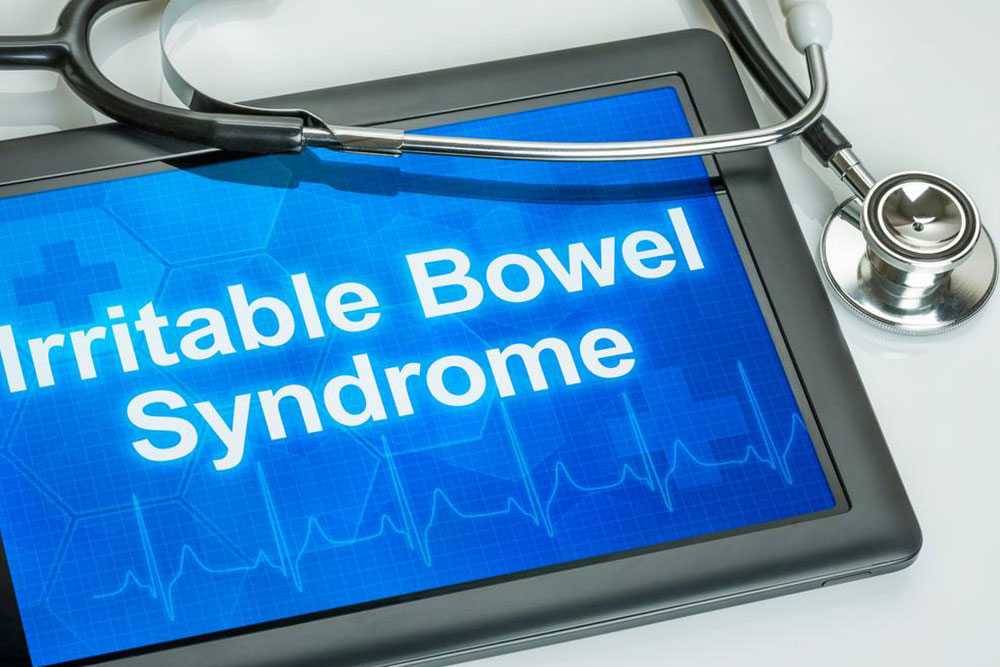Recognizing the Early Indicators of Digestive Health Issues
Early detection of digestive issues is crucial for effective treatment and improved quality of life. Recognizing symptoms like bloating, abdominal pain, and changes in bowel habits can prompt timely medical attention. Lifestyle adjustments, such as dietary improvements and regular exercise, further support digestive health and prevent complications. Always consult healthcare providers for personalized care and diagnosis.

Recognizing the Early Indicators of Digestive Health Issues
The digestive system functions continuously to process food, absorb nutrients, and support overall health. When problems arise, early detection and treatment are essential to prevent complications and find relief. This article highlights common digestive disorders and their initial signs and symptoms:
Prevalent Digestive Conditions
Ulcerative Colitis
This chronic inflammatory condition causes painful sores along the colon’s inner lining. Untreated UC can increase colon cancer risk. Management may include medication, dietary adjustments such as increasing omega-3 intake, reducing sugar, and maintaining a balanced diet. Surgery might be recommended in severe cases.
Consistent inflammation from untreated UC may raise cancer risks. Proper medical intervention, dietary modifications, and nutritional support can help control symptoms and improve quality of life.
Celiac Disease
This autoimmune disorder results from gluten intolerance, leading to inflammation in the small intestine. A strict gluten-free diet is vital for healing, along with nutrient-rich foods like copper, folate, and vitamins to support recovery.
Anal Fissures
Anal fissures involve tear or inflammation in anal tissues, often caused by chronic constipation. Symptoms include severe pain and bleeding. Increasing fiber intake and using stool softeners can promote healing.
Crohn’s Disease
This autoimmune condition causes inflammation throughout the digestive tract, leading to severe abdominal discomfort. Family history may increase susceptibility. Managing Crohn’s requires medical treatment and lifestyle adjustments.
Early Signs of Digestive Problems
Bloating
Gas buildup causes bloating, often due to food intolerance or digestive issues, resulting in a feeling of fullness that improves with burping.
Abdominal Discomfort
Pain or irritation in the abdomen, common in conditions like Crohn’s and ulcerative colitis, can occur anywhere between the ribs and pelvis.
Altered Bowel Movements
Chronic diarrhea or constipation may signal underlying digestive problems such as IBD. Addressing root causes can alleviate symptoms.
Heartburn
Burning sensation caused by stomach acid reflux, often worsened by foods like tomatoes, chocolate, and caffeine. Persistent heartburn may indicate poor digestion.
Bowel Control Issues
Weakness in anal muscles can lead to incontinence, commonly linked to chronic constipation or diarrhea and indicating digestive concerns.
Nausea and Vomiting
Frequent nausea or vomiting can be signs of digestive disorders, notably IBS.
Severe Stomach Pain
Persistent intense pain may denote underlying health conditions, often accompanied by bloating, gas, or nausea.
Tips for Supporting Digestive Well-being
Alongside medical advice, certain lifestyle changes can reduce symptoms:
Include Omega-3 Rich Foods
Foods like fatty fish, walnuts, chia seeds, and flaxseeds have anti-inflammatory properties that support digestion.
Increase Dietary Fiber
Consuming soluble fiber (e.g., oats, sweet potatoes) benefits those with diarrhea, while insoluble fiber (e.g., whole grains, vegetables) aids constipation.
Hydrate Adequately
Drinking 6-8 cups of water daily helps digestion by preventing stool hardening and supporting nutrient absorption.
Exercise Regularly
Physical activity, like yoga, walking, or cycling, boosts gut motility and helps maintain a healthy balance of gut bacteria.










